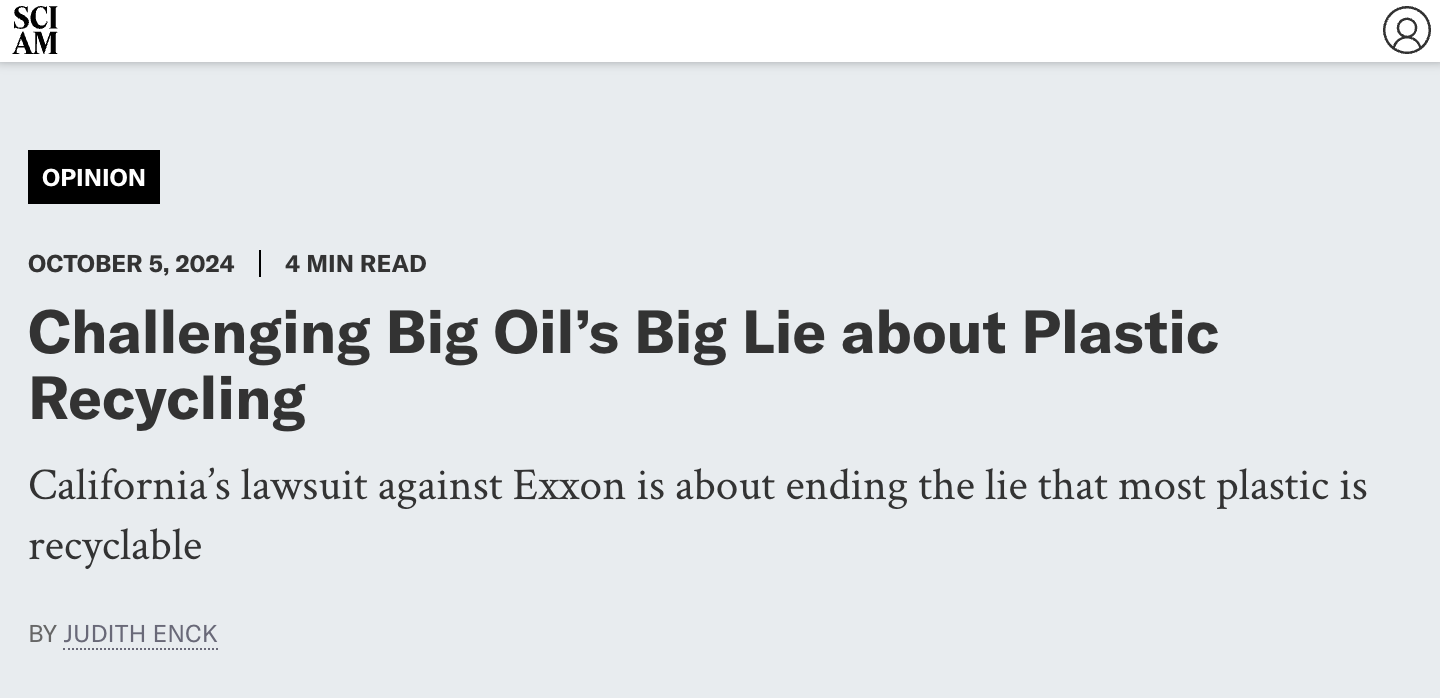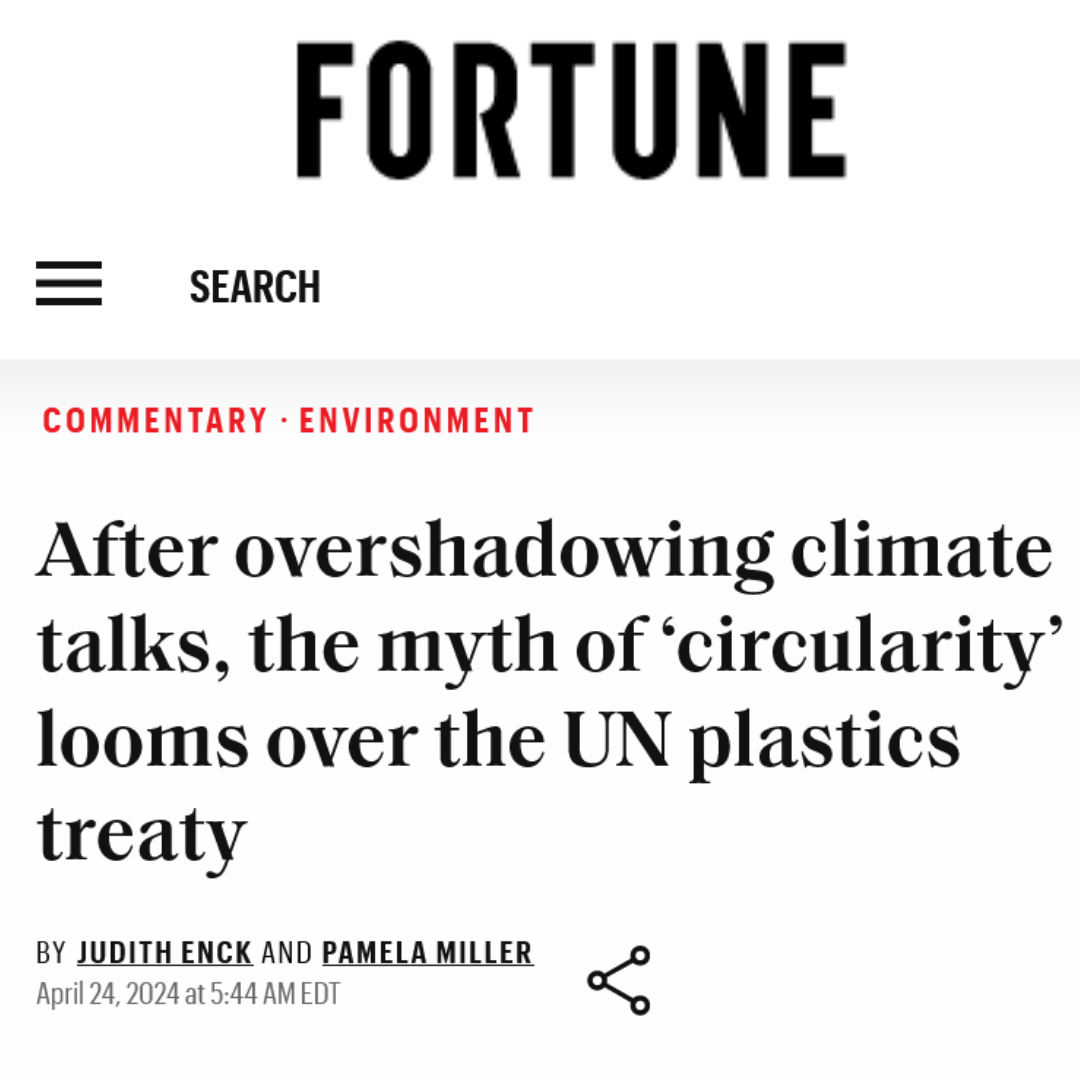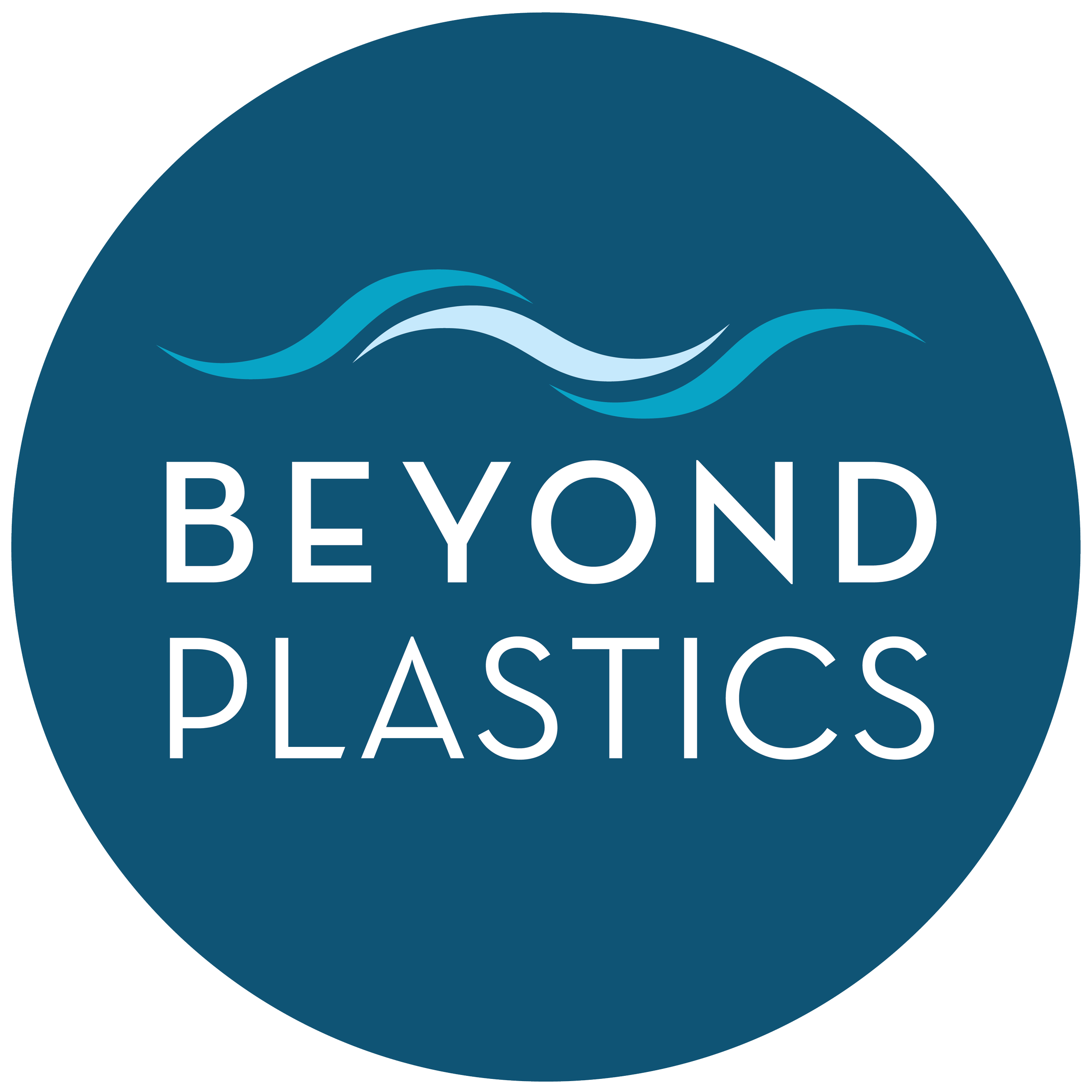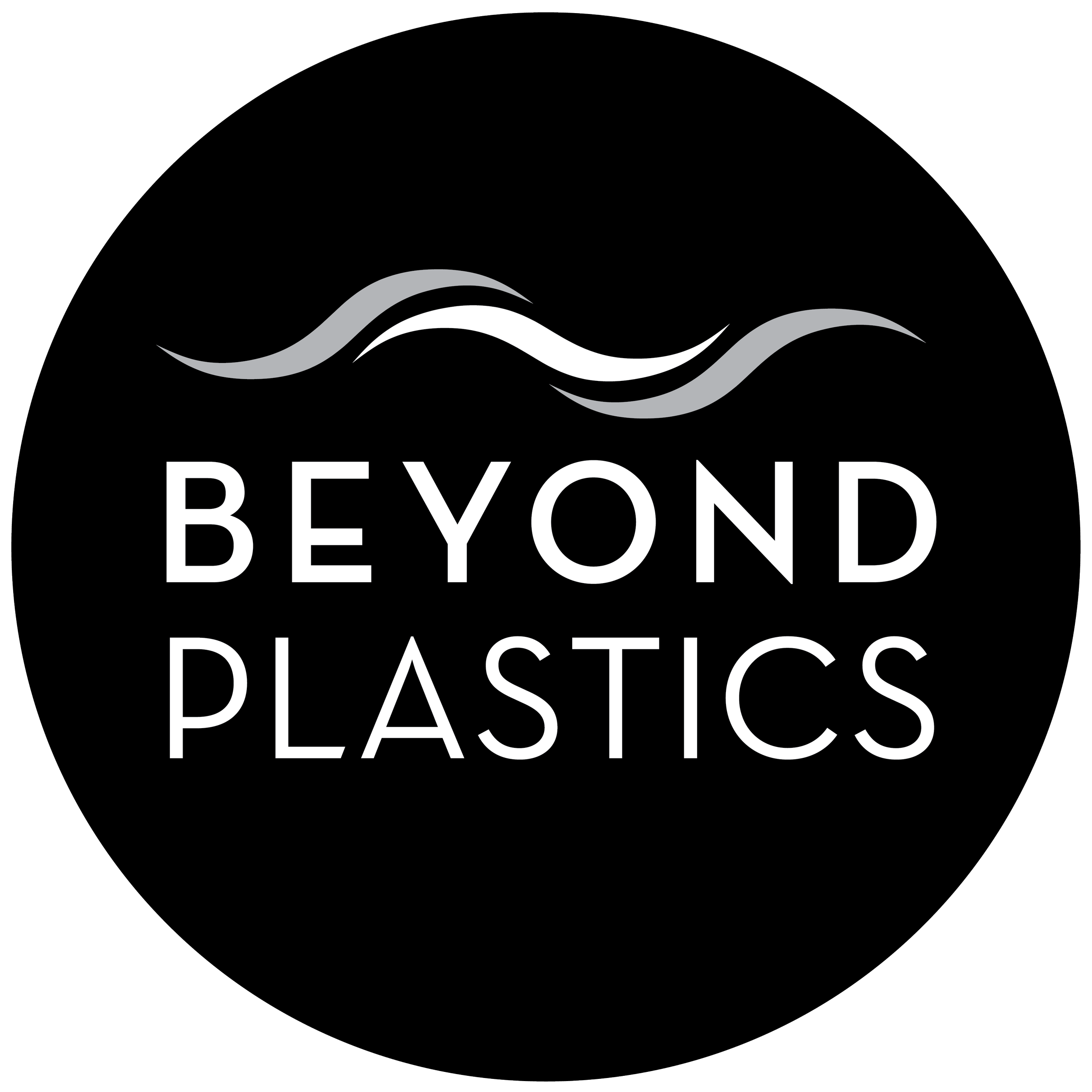
Challenging Big Oil’s Big Lie About Plastic Recycling
This is a historic moment in the fight against plastic pollution, a crisis that has been created by companies that have known recycling was not possible for most plastics. While others have filed important suits against consumer brand companies for their pollution, like New York attorney general Letitia James’ lawsuit against PepsiCo, Bonta’s suit is the first to target a company for lying about plastic recycling’s efficacy.

ExxonMobil Accused of “Deceptively” Promoting Chemical Recycling as a Solution for the Plastics Crisis
In a landmark lawsuit filed this week, the California attorney general accused ExxonMobil of “deceptively” promoting chemical recycling as a solution for the plastics crisis, citing ProPublica’s recent reporting and expanding on our findings. In June, we examined the oil giant’s claim that it had transformed discarded plastic into new fruit cups through an “advanced” chemical recycling technology called pyrolysis.

Plastics producers are following Big Tobacco’s playbook, and we’re all paying the price
Let’s not fall for another false solution offered by companies to maintain their profit margins. Let’s not allow chemical recycling to win with the same deceptive playbook used by Big Tobacco. We need real change now — and it can’t begin until companies are required by new laws to break their plastic habit and give consumers safe packaged products that don’t threaten the health of people or the planet.

After Overshadowing Climate Talks, the Myth of ‘Circularity’ Looms Over the UN Plastics Treaty
Delegates from 191 countries meet once again this month for the UN plastics treaty talks in Ottawa, and they need to avoid falling into industry traps that will hinder real progress. Dow chair and CEO Jim Fitterling’s recent Commentary in Fortune is a perfect example of how to ensure failure in Ottawa. If delegates commit to the priorities he outlined, they will fail to implement real solutions to the growing problem caused by his company and companies like it.

A Breakthrough in Plastic Recycling Is Coming Up Short
To get there, these companies and others are promoting a new generation of recycling plants, called “advanced” or “chemical” recycling, that promise to recycle many more products than can be recycled today. So far, advanced recycling is struggling to deliver on its promise. Nevertheless, the new technology is being hailed by the plastics industry as a solution to an exploding global waste problem.

Plastics Punch
Beyond Plastics President Judith Enck, who served as an EPA regional administrator during the Obama administration, says the problem is that unlike materials such as paper, glass and aluminum, plastics have never been recycled at a rate higher than 10 percent in the U.S. “They need to change their marketing to say that recycling is real except for plastics,” said Enck, whose organization wants to block new plastic manufacturing and plastic-burning facilities.

Environmentalists say cutting the amount of plastic packaging in products by half is a top goal
Environmental groups in New York say a top priority in 2024 will be getting a law approved that would cut the amount of plastic packaging in consumer products in half over the 12 years and help combat climate change. It faces fierce opposition from the plastics industry.

Opinion: Recycling Bill Will Address New York's Plastics Pollution Problem
Opinion: Recycling Bill Will Address New York's Plastics Pollution Problem

Chemical Recycling “A Dangerous Deception” for Solving Plastic Pollution: Report
Chemical recycling — an umbrella term used to describe processes that break plastic waste down into molecular building blocks with high heat or chemicals and convert them into new products — will not help reduce plastic pollution, but rather exacerbate environmental problems, according to a new report by nonprofit environmental advocacy groups Beyond Plastics and the International Pollutants Elimination Network (IPEN).

A New Report Calls Chemical Recycling a ‘Dangerous Deception’ — And a Former Plastic Lobbyist Agrees
A new report from the nonprofits Beyond Plastics and the International Pollutants Elimination Network, or IPEN, says chemical recycling is a “dangerous deception” that will only exacerbate pollution and environmental injustice while failing to address the plastics crisis.

Dumped, Not Recycled? Electronic Tracking Raises Questions About Houston’s Drive to Repurpose a Full Range of Plastics
Revelations by a watchdog group reinforce doubts about chemical recycling, a technology promoted by the city in a collaboration with ExxonMobil and other companies.

New Report Calls Out Chemical Recycling as a ‘False Solution’ to the Plastics Crisis
The plastics and petrochemical industries’ latest purported solution to the plastic pollution crisis – chemical or “advanced” recycling – is essentially a public relations and marketing strategy designed to distract from the urgent need to curb plastic production, a new report contends. The report, released today by Beyond Plastics and the International Pollutants Elimination Network (IPEN), exposes the failures and perils of chemical recycling as an approach to manage plastic waste.

Unproven “Advanced Recycling” Facilities Have Received Millions in Public Subsidies
A new, 159-page report, released today by Beyond Plastics and the International Pollutants Elimination Network, or IPEN, casts serious doubt on the technology’s ability to make even a modest dent on the world’s growing plastic burden. In the most comprehensive report on chemical recycling facilities in the U.S. to date, researchers looked at the operations of 11 companies across the country to examine the plastic industry’s claim that chemical recycling can significantly help reduce global plastic pollution.

Chemical Recycling Aims To Scale Fast in Effort To Manage Plastic Waste, Even as Questions Remain
Chemical recycling proponents are investing in major projects to scale up the technology. Yet lingering policy and business factors will affect the trajectory of this fast-developing recycling sector.
The Risks of 'Chemical Recycling'
So-called ‘chemical recycling’ of plastics is a highly inefficient process that releases large amounts of carbon emissions and hazardous pollutants. James Bruggers reports for Inside Climate News and joined Host Steve Curwood to discuss the health and safety problems he’s been covering at the Brightmark chemical recycling plant in Indiana.
Inside Indiana’s ‘Advanced’ Plastics Recycling Plant: Dangerous Vapors, Oil Spills and Life-Threatening Fires
The plastics industry champions the process as something that makes plastics sustainable, even green, by turning old plastic containers, packaging and the like into new plastic products without the need to extract more fossil fuels to create new plastic feedstocks. But many scientists and environmentalists say pyrolysis is anything but sustainable, describing it as energy-intensive manufacturing with a large carbon footprint that incinerates much of the plastic waste and mostly just makes new fossil fuels.
Why Big Oil and the Chemical Lobby Are Blasting Us With “Advanced” Recycling Ads
The disturbing reports on plastic pollution just keep coming: toxic plastic waste is filling up our oceans, our landfills, and even our bodies. But if you’ve seen a recent surge of ads from the companies that produce this garbage, you might be forgiven for thinking they’re working on solutions to the problem. “America’s Plastic Makers” is the brand promoting a slew of ads about a new “solution” to plastic pollution that experts and evidence say creates new climate and environmental harms, and doesn’t actually work. It’s called “advanced” or chemical recycling, and refers to various processes for repurposing plastic waste.
Groups Rally Against Chemical Recycling in New Mexico
Over 70 organizations and businesses signed a letter to New Mexico’s governor last week, asking her not to classify chemical recycling as recycling. Gov. Michelle Lujan Grisham, a democrat, attended the opening of a PlastikGas demonstration facility in Los Lunas, N.M. last year, which is driving the letter writers’ concerns.
Senators Press Industry on Plastic Waste Impacts
During a two-hour hearing, U.S. senators questioned industry experts about chemicals in plastics, marine plastic pollution and extended producer responsibility. The Dec. 15 hearing by the U.S. Senate Committee on Environment and Public Works’ Subcommittee on Chemical Safety, Waste Management, Environmental Justice and Regulatory Oversight brought four panelists together to answer questions from legislators.
Senate Hearing Looks at Bottle Bills, Chemical Recycling, Other Methods to Urgently Reduce Plastic Pollution
At the Senate committee hearing on plastics, the Plastics Industry Association’s CEO warmed to bottle bill possibilities but clashed with Beyond Plastics on chemical recycling’s risks and merits.

